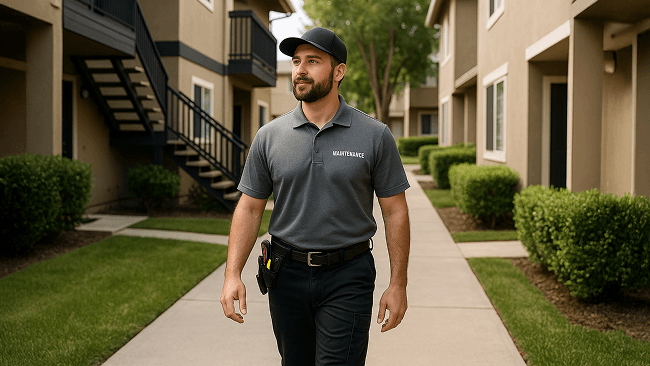Customer Expectations
Have you ever heard the saying the customer's always right? Well, it's true, except when it's not. Our residents frequently have an expectation about the way something works. A a common example of this is air conditioning. If it's a hundred degrees outside. A lot of our residents expect for the air conditioning system to turn their apartment into a refrigerator.
They want the temperature in their apartment to be drastically lower than the outside temperature. The reality is, for several reasons, it won't make it. In other words, our resident is wrong, but actually. They are right. Their expectations are incorrect. Rather than telling a resident that they are wrong, focus on the way the equipment works or the way the process works.
In other words, when our customer is incorrect, remember that as a person, they are still valued. We want them as a customer. But unfortunately, due to the way the equipment is designed, this is what it does. In other words, if our customer is incorrect about an assumption, even though the customer is always right, I'm not even gonna talk about the customer's, correct.
Or incorrectness. Instead, I'm gonna talk about. This air conditioner. An air conditioner is a piece of equipment that's designed to absorb heat inside and carry that heat outside. An example of the way to deal with that is showing to my resident how much heat is being removed. In other words, I take a thermometer, I put the thermometer on the return, and then the thermometer on the supply.
The difference in temperature between the two. Is in rough general terms, the amount of heat that's being removed, and if that is within design parameters by the manufacturer, the equipment is correct, is working correctly. This type of methodology can be translated across the board to where if our resident asserts something that is within our realm of expertise.
Be sure, first of all, that you do not lie or make up or exaggerate anything to our resident. Second of all, convey and communicate correct information to our resident focusing on the thing. Not focusing on whether our resident is right or wrong. As a matter of fact, taking rightness or incorrectness out of the equation altogether is the best way to operate.
Third, be aware that it is perfectly acceptable. Acceptable to say, I don't know. What I do know is. Whatever it is that that we're discussing or talking about. By the way, as a part of that, I don't know if your resident is making assertations about something that is not within your expertise. For instance, lease terms, renewal process, rental rates, if those are the things that your resident is incorrect about, rather than attempting to correct them.
Direct them to the expert in those areas. In other words, it is okay to say, I don't know, but let's go to the office and see if we can get to an answer.




